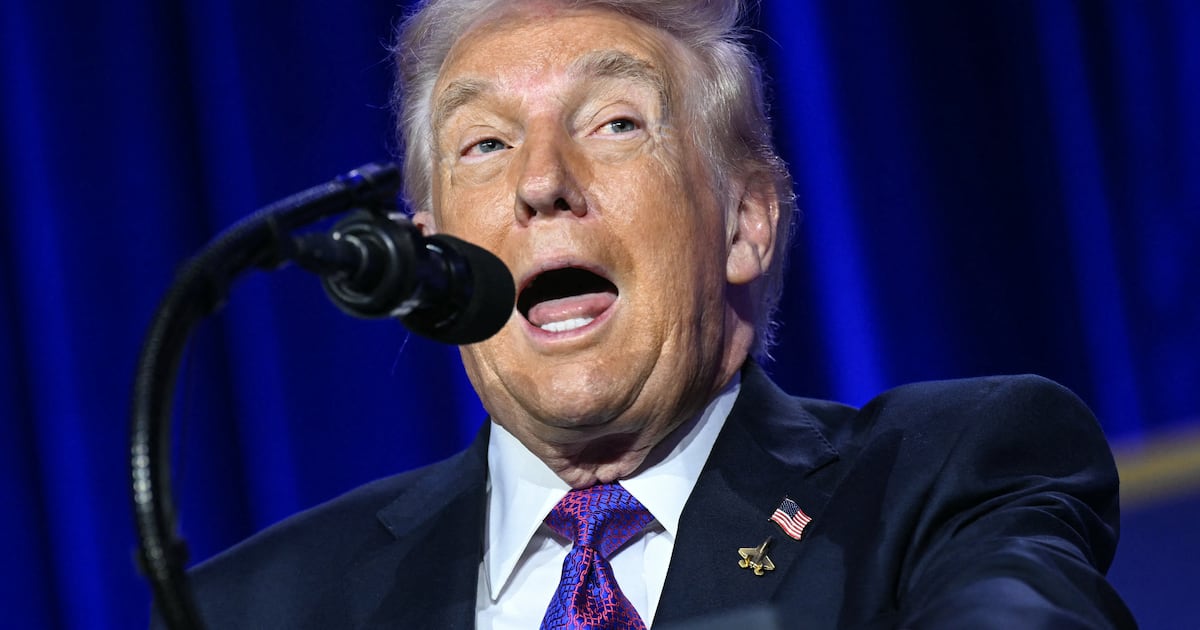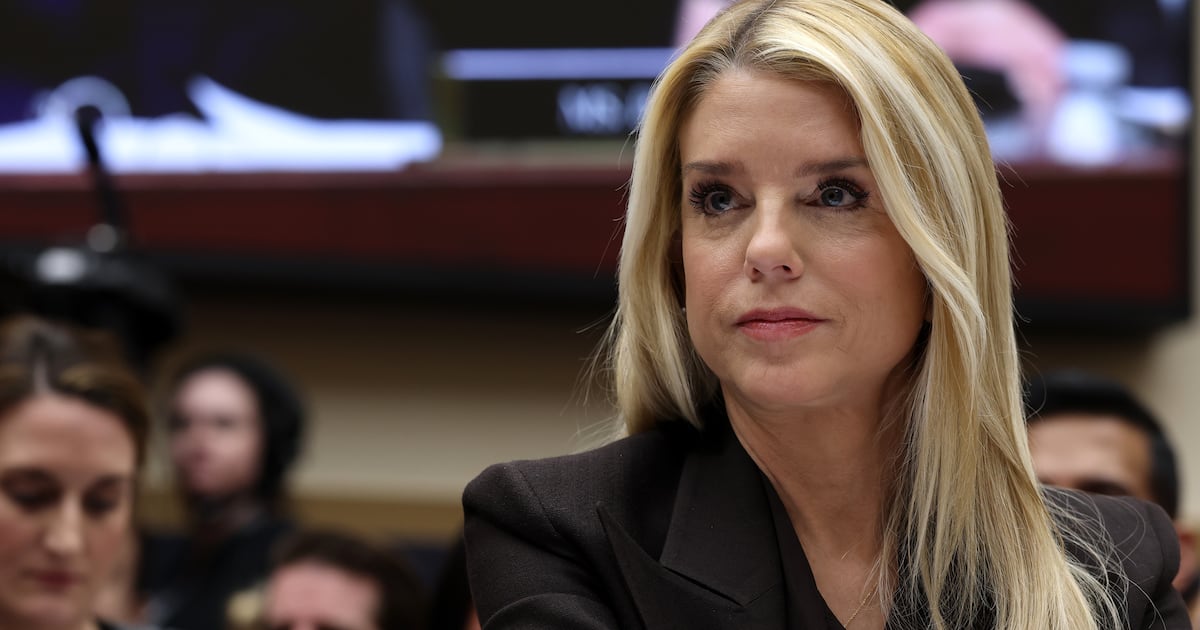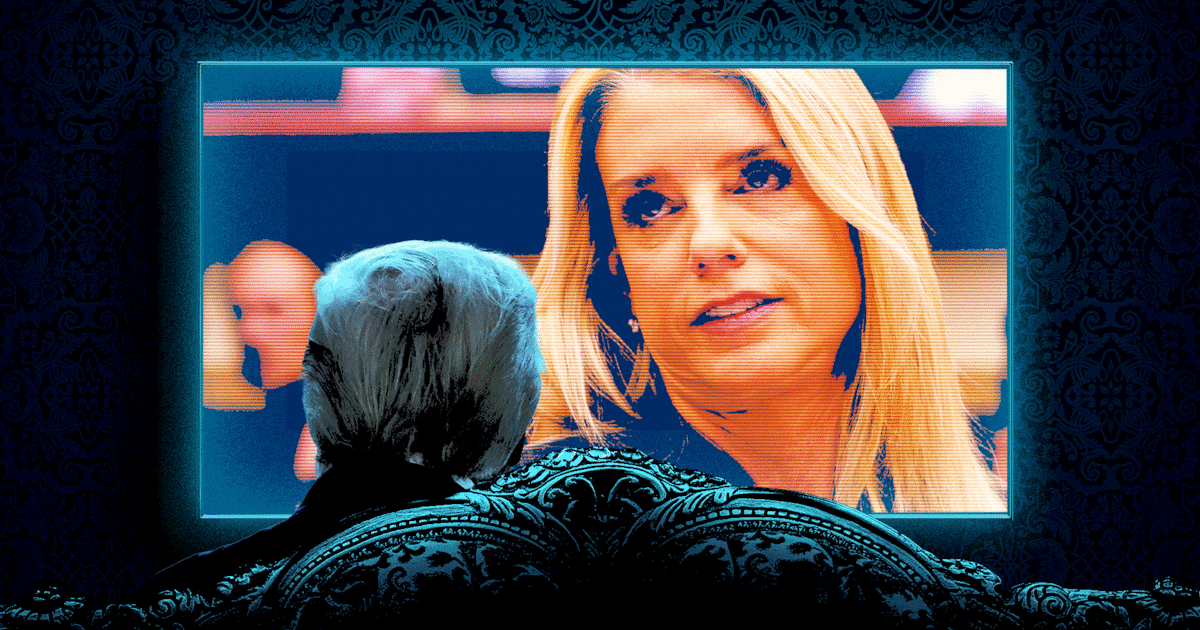
NC: You had an unusual debut—your first novel, Swamplandia!, was a finalist for the 2012 Pulitzer Prize and, by most accounts, should have won. I’m wondering how having such a successful debut affected your approach to your next book? KR: The timing was so funny on that. The stories in this new book had been in the works for awhile. I think half of them had been published while I was still lost in the swamps of Swamplandia! The other half were written afterwards. My life is sort of divided between before and after my novel. I’m not sure if that’s a healthy way to conceive of one’s life… So I had this incredible time in Berlin, at the American Academy, where they have a fellowship for writers. It was a dream for me, because I wasn’t teaching or traveling, I got to be entirely dedicated to fiction writing, to revising the published stories and drafting and completing the last stories for the collection. I think [the Pulitzer situation] would’ve been difficult if I had been at an earlier stage in the writing of Vampires, but I was about to deliver the full manuscript to my editor when I learned that I had been a finalist. I’m no good with sports analogies, but I guess it was the bottom of the ninth for these stories. My big fear was that I would disappoint the nominating jurors, who came up with that short list—it was an unbelievable honor to be on the list with Denis Johnson and David Foster Wallace. But those anxieties couldn’t really affect the new book, as it was already on its way out. Going forward, I certainly hope that my future work can live up to the extraordinary vote of confidence the Pulitzer nominating jurors paid me. They gave me a jolt of encouragement that is going to buoy me for the rest of my writing life.
Were you surprised by the amount of media opinion around the jury deciding not to give a Pulitzer for fiction in 2012?Well, I was abroad, with an ocean and the German language to buffer me from some of the media din. I was happy to be a little out of the loop, and I tried to avoid the temptation to read everyone’s thoughts on it, because I discovered that engaging with all the media noise could create a scary ego-whiplash kind of feeling, and was no good for writing. And I was trying to finish my story collection. That said, I did read the pieces written by the nominating jurors, Maureen Corrigan and Susan Larson and Michael Cunningham, and I was so heartened by them. They came out right away with a defense of the books on the short list. That meant a lot to me. I tried to take that in, their incredible and generous show of support for our books. Ann Patchett wrote that wonderful editorial for the New York Times. If there was a silver lining, I think the non-decision revealed that people do deeply care about literary fiction. We had a community of readers, but also writers, rallying to say how many worthwhile books were published in 2011. But I did feel pretty self-conscious in the wake of the media din, and I was happy to be able to geographically duck out of some of it.
One thing I did perversely enjoy about the media coverage was seeing all these funny synonyms for “mild scandal” resurrected from the old Roget’s—suddenly everywhere you looked it was “brouhaha” and “rumpus” and “the Pulitzer kerfuffle.”
Where do you live and why?I’m in Philly at the moment. I’ve been teaching at Bryn Mawr, and will be doing a master class for the Rutgers MFA program in the fall, just over the bridge. I really like Philly, the scale of the city and the parks and the museums, the Philly pride of its residents and their unaffected friendliness. That said, I’m still a bit in denial that I’m not actually in New York. I like to go to New York on the $8 Mega Bus, and pretend I’m just four subway rides away from my friends. But it’s nice to be here at the moment, where life feels a little quieter. Literary NYC can feel overwhelming to me, although I love it, too. New York is writers on writers on writers.
Describe your morning routine.Fully fortified by coffee, that’s my magic serum. I overdo it frequently. It feels like there’s a blinding sunrise in your mind if you overdo the caffeine. A headache that does not necessarily translate into lyrical language, you know? For the past few months I’ve been trying to meditate in the morning—I’m terrible at it, but I think it’s likely a better start to one’s writing day than pounding a pot of coffee. My routine really depends on what stage I’m at on a project. There are rare but beautiful periods when I feel I’m really hearing a voice clearly, or I feel that I’ve finally got the parameters of a story set up correctly, and then it’s just joy. More frequently I have to force myself to inch forward on a project for several hours. Lately I’ve been experimenting with something I heard Jennifer Egan say. She writes longhand, and I’ve experimented with it, transcribing to the computer later. That’s been great. It feels really retro, to have a piece of paper with no computer windows open and no electronic umbilical to the outside world.
How much do you have to write, in order to feel that you’ve had a productive writing day?I know many writers who try to hit a set word count every day, but for me, time spent inside a fictional world tends to be a better measure of a productive writing day. I think I’m fairly generative as a writer, I can produce a lot of words, but volume is not the best metric for me. It’s more a question of, did I write for four or five hours of focused time, when I did not leave my desk, didn’t find some distraction to take me out of the world of the story? Was I able to stay put and commit to putting words down on the page, without deciding mid-sentence that it’s more important to check my email, or “research” some question online, or clean out the science fair projects in the back for my freezer? For me, a good writing day is when I can move forward inside a story, because I take so much pleasure in tinkering with sentences that I often have to fight my own impulse to dither and revise in order to keep the momentum of the narrative going. So if I can move in a linear way through the story, and stay zipped inside the story, not jinx myself with despair or frustration or over-confidence or self-consciousness, and be basically okay with not-knowing what is going to happen from one sentence to the next, that’s a great writing day. Writers are such excellent self-saboteurs, though. I swear, I can hijack my own writing day in a hundred ways—I can eject myself from a story because I’ve decided it’s “going good.” There’s this excruciating aspect of joy, I don’t know if you’ve ever experienced this, where you almost want to interrupt it. For me, the experience of losing myself in a character can feel intolerably wonderful. So I’ve decided that the trick is just to keep after it for several hours, regardless of your own vacillating assessment of how the writing is going. Is that setting the bar too low, Noah? Showing up and staying present is a good writing day.
Do you have any unusual rituals associated with the writing process? Is there a magic hat you have to wear or something?I wear a floppy bonnet with peacock feathers and whisper Hail Marys under my breath until noon, when I break for snacks. No, seriously, I’m always jealous when I hear about other writers’ rituals. I want to try all of them. Like Jenny Egan with the longhand. My friend was telling me that Balzac used to compulsively masturbate, before sitting down to write. I haven’t tried that yet; that one I may have to pass on, actually. Maybe he didn’t have an espresso machine.
I’m not sure we’re going to be able to print that in The Daily Beast, but I’ll check with my editor…Probably not! Sorry, Noah. That’s what happens when I ask my brain for a “colorful example.” But I do think the way we wind ourselves up is funny. I’m so totally pleased if I can just stay with it, it feels like a victory. If I’m home I’ll force myself to sit there for at least four hours. In the later stages of a project, when the tumblers have clicked, the GPS is working, guiding you towards a conclusion that is coming into definite focus, that’s the most pleasurable feeling. That’s rare. Much more frequently, I feel like I’m groping my way forward line to line. Writing badly is also hard—you need to give yourself permission to write badly, just to get something down.
As you’re writing, can you tell immediately that it’s “bad?”Oh, I think it’s bad so much of the time. The periods where writing feels effortless and intuitive are, for me, as I keep lamenting, rare. But I think that’s probably the common ratio of joy: despair for most writers, and I definitely think that if you can make peace with the fact that you will likely have to throw out 90 percent of your first draft, then you can relax and even almost enjoy “writing badly.”
Your short story, “The Hox River Window,” won the 2012 National Magazine Award for fiction. Does your approach differ when you write short fiction versus long?It does, but you know how you hear people say that they’re a natural story writer, or a natural novelist? I feel equally unnatural doing both. It always feels like I’m starting from zero. In this collection, every story has its own weird origin. In Swamplandia! I started out approaching a novel the way I write stories, which is in a non-linear and exploratory way. I’ll start with an image from the middle, say, or a scene that I imagine might come closer to the book’s conclusion, and I proceed this way until I have a more definite sense of who the characters are, the emotional core of a story. Or occasionally I’ll get the ending first, and then have to do a Memento-style backwards thing.
Do you like to map it out, or let it flow?It’s really case by case, I think. Some of the stories in Vampires were quite consciously designed to explore questions like, “can regret ever have a utility?” or “how can we reckon with the past without becoming paralyzed by it, or getting trapped in monster-cycles of guilt and violence, traumatic repetition”? In other cases, I felt more like I was somersaulting in the dark, playing around and discovering what the story wanted to become in the act of writing it. The title story had incredibly humble origins—it started with a jokey “what if” I told my brother and my sister: what if vampires used lemons like methadone, to curb their addiction to blood? What if there was only a temporary fix for a really bottomless hunger? Let’s see how they would deal with that. And then that idea became a vehicle to think through much larger questions about love and loneliness and monstrosity. Which is all to say, a couple of these stories were rigorously mapped out, while drafting others felt more like shaking a Polaroid and waiting for it to come into focus.
Is there one short story in your new collection, Vampires in the Lemon Grove, that you’d consider your “first single,” if your collection were an album? If a reader is going to read one of the stories, which would you recommend and why?Wow, let me think for a second. I think the title story is a good one. It’s a lens through which you can read the other stories in the collection. It’s about monstrous metamorphoses and addiction, the difficulties of committed love. Tonally, I think it encompasses all of the registers in this collection—the other stories range from pretty jet-black horror-tales to goofball comedies, and “Vampires in the Lemon Grove” is a kind of hybrid that tries to be both comic and consequential.
I’ve recently begun a project in which I read a different short story every day for a month and write a short response to it. What are some great short stories that I really should read, that might not be on everyone’s hit list?I was thinking about that right before you called. I was hoping you would ask me that. The one I for sure wanted to say was “The Dinosaurs” by Italo Calvino. Have you read it yet?
No, but now I will.It’s part of Calvino’s fabulous book of stories, Cosmicomics, where each tale begins with a scientific epigraph that’s dry as toast, and then plunges the reader headlong into the world of Qfwfq, a narrator who is as old as the Universe and body-hops into numbers, amoebas, and molecules. My favorite story in the collection is “The Dinosaurs,” which begins, very matter-of-factly, “For a brief period of time, I was a dinosaur…” It’s one of the most charming stories I’ve ever read, and it also taught me that you can also take an impossible premise and in a sly, oblique way invent a new language to get at some enormous questions. I love that story, and I don’t think a lot of people today have read it. Two other stories that I think everyone should read would be “Sea Oak,” by George Saunders, and “The Honored Guest,” by Joy Williams.
What is something you always carry with you?I’ve been wearing this ring that my oldest childhood friend from Miami gave me. I lose everything, so it’s a miracle that I still have this on.
What is your favorite snack?I’m addicted to gum. Extra Polar Ice. It’s so freakishly strong. Chewing it is like giving yourself an exorcism.
What advice would you give to an aspiring author?Keep reading outside of your comfort zone. If you’re a fiction junkie, read biography. All writers should read poetry.
What would you like carved onto your tombstone?Thank you for this question. I was just telling my friend, about a mixed-up recent experience, “Whatever, some parts were fun,” and she said that would make a great epitaph. I do think it applies to the general contours of our weird brief lives here: “Whatever, some parts were fun!”
But if my loved ones spring for a really expensive Italian marble headstone or something, and they don’t want to deface it with my dumb joke, I also think the conclusion of Denis Johnson’s Fiskadoro would work as a beautiful ending to a life, they are my favorite last lines in any book: “And in her state of waking, she jerked awake. And from that waking, she woke up.”
This interview has been edited and condensed.






